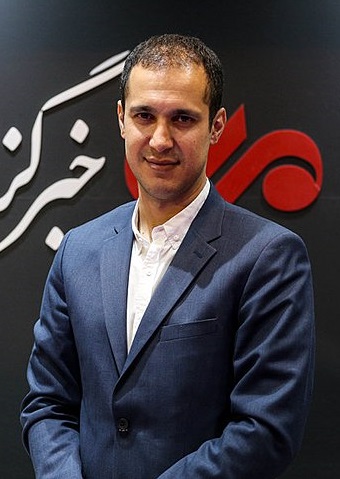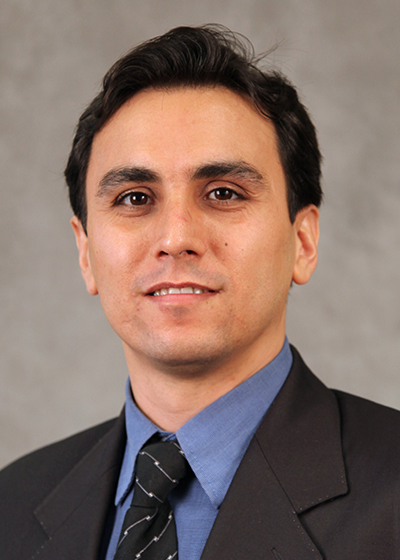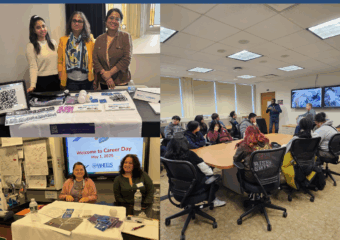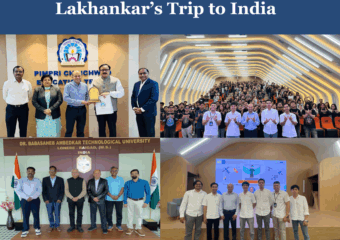New Grant by NOAA on Environmental Justice
New Grant by NOAA on Environmental Justice
Dr. Reza Khanbilvardi and Kaveh Madani from CUNY-CREST Institute in partnership with Dr. Farshid Vahedifard and Alireza Ermagun from Northern Gulf Institute at Mississippi State University received a 3-years $ 450K grant from NOAA- Collaborative Science, Technology, and Applied Research (CSTAR) Program on the issue of Environmental Justice.
Integrating Environmental Justice into NWS Services to Reduce the Vulnerability of Historically Underserved Socially Vulnerable Communities (HUSVCs) to Extreme Weather Events. The overarching goal of the proposed project is to enhance the resilience of the HUSVCs to extreme weather events by incorporating data on environmental justice into National Weather Service (NWS) products and services for monitoring and forecasting meteorological and climatic variables and extreme weather events such as hurricanes, tropical storms, tornados, flash floods, and coastal flooding. The proposed project is motivated by the vision that incorporating justice and equity criteria requires further and special improvements in the quality and accessibility of NWS services and products to the HUSVCs. This vision is based on the well-known fact that HUSVCs are disproportionately impacted by extreme weather events, and are at greater risk for experiencing negative health and socio-economic impacts related to natural hazards and extreme events.
The project investigators in collaboration with NOAA–NWS collaborators will develop a multi-attribute analysis framework that uses a suite of natural science, engineering, and socio-economic metrics to evaluate the vulnerability of different HUSVCs across the country to different types of extreme weather events. This general framework will help the NWS identify the priority zones and hotspots that are in urgent need of enhanced communication and service improvements and detect the types of improvements needed to the quality of each product and its delivery in different HUSVCs. This framework will empower the NWS to develop a least-cost path to maximize the resilience of HUSVCs to extreme weather events through improving the quality of its products based on their heterogeneous needs across the nation. Additionally, the project will benefit from a range of surveys and community engagement exercises to identify potential means of service delivery and communication improvements. The output of the project will help NOAA, NWS, and other federal and state agencies to reduce the vulnerability of HUSVCs to extreme weather events by addressing the barriers to help optimize the effectiveness of forecasts and warning and risk communications at both the top (policy makers and service providers) and bottom (communities) levels.
For additional information on this project, please contact Principal Investigators:








